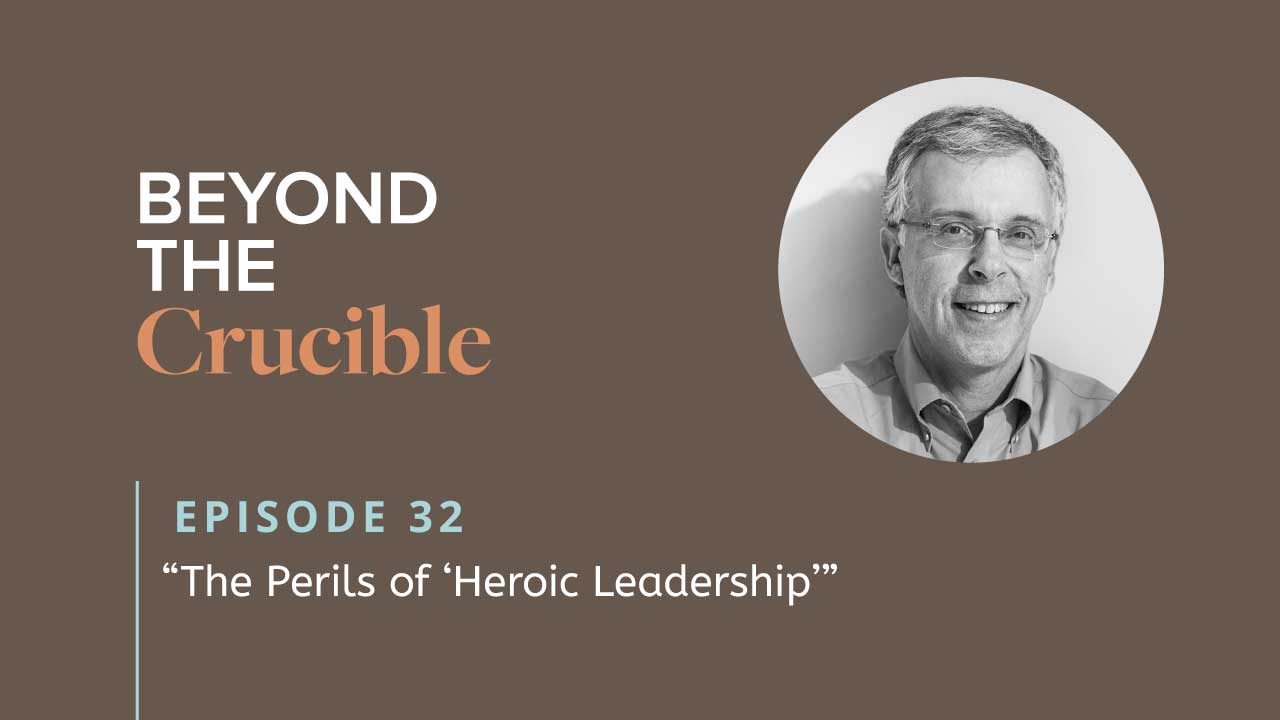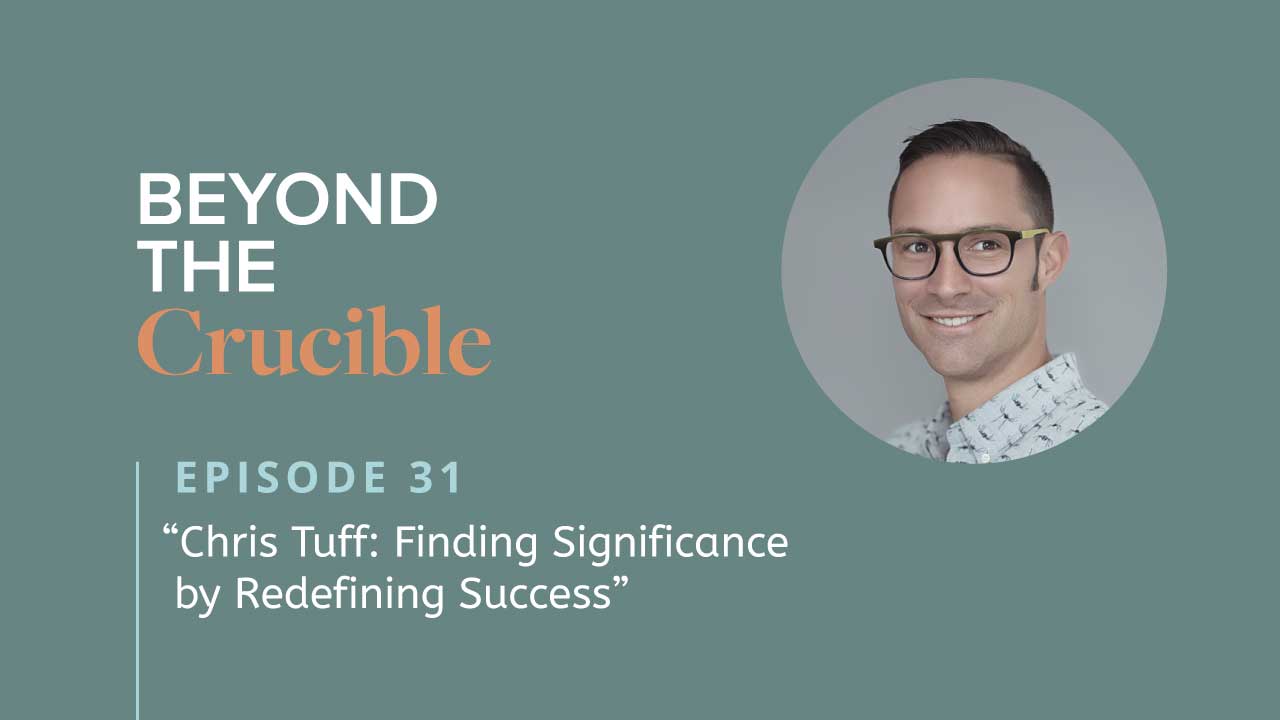
Understanding what science has to say about learning the lessons of a crucible experience — from reframing what happened to embracing forgiveness — can be an overlooked key to moving past the pain and toward healing and significance.

Understanding what science has to say about learning the lessons of a crucible experience — from reframing what happened to embracing forgiveness — can be an overlooked key to moving past the pain and toward healing and significance.

I have always been drawn to heroic leadership. Great leaders faced with impossible odds doing great deeds. But in an upcoming episode of the Beyond the Crucible podcast with Professor Joseph Badaracco of the Harvard Business School, we touched on another approach to leadership: quiet leadership which he discussed in his book Leading Quietly. We went on to focus for much of the podcast on Professor Badaracco’s latest book Step Back, which explores how leaders can reflect during their busy lives.

Heroic leaders like Winston Churchill and Abraham Lincoln get movies made about them — just like superheroes such as Batman and Captain America. But the rousing triumphs that echo through history, or comic books, aren’t the whole story — or even sometimes the best story. Quietness, patience and humility are key qualities of success and significance even for great leaders.

His big-deal career and its big-money perks left him unsatisfied. So he stopped seeing success as outperforming others and started serving others. Today he’s the best-selling author of The Millennial Whisperer and making a lasting impact on the leaders of tomorrow.

After losing her husband to a military training accident, she fought for joy for herself and her four children by moving beyond surviving.